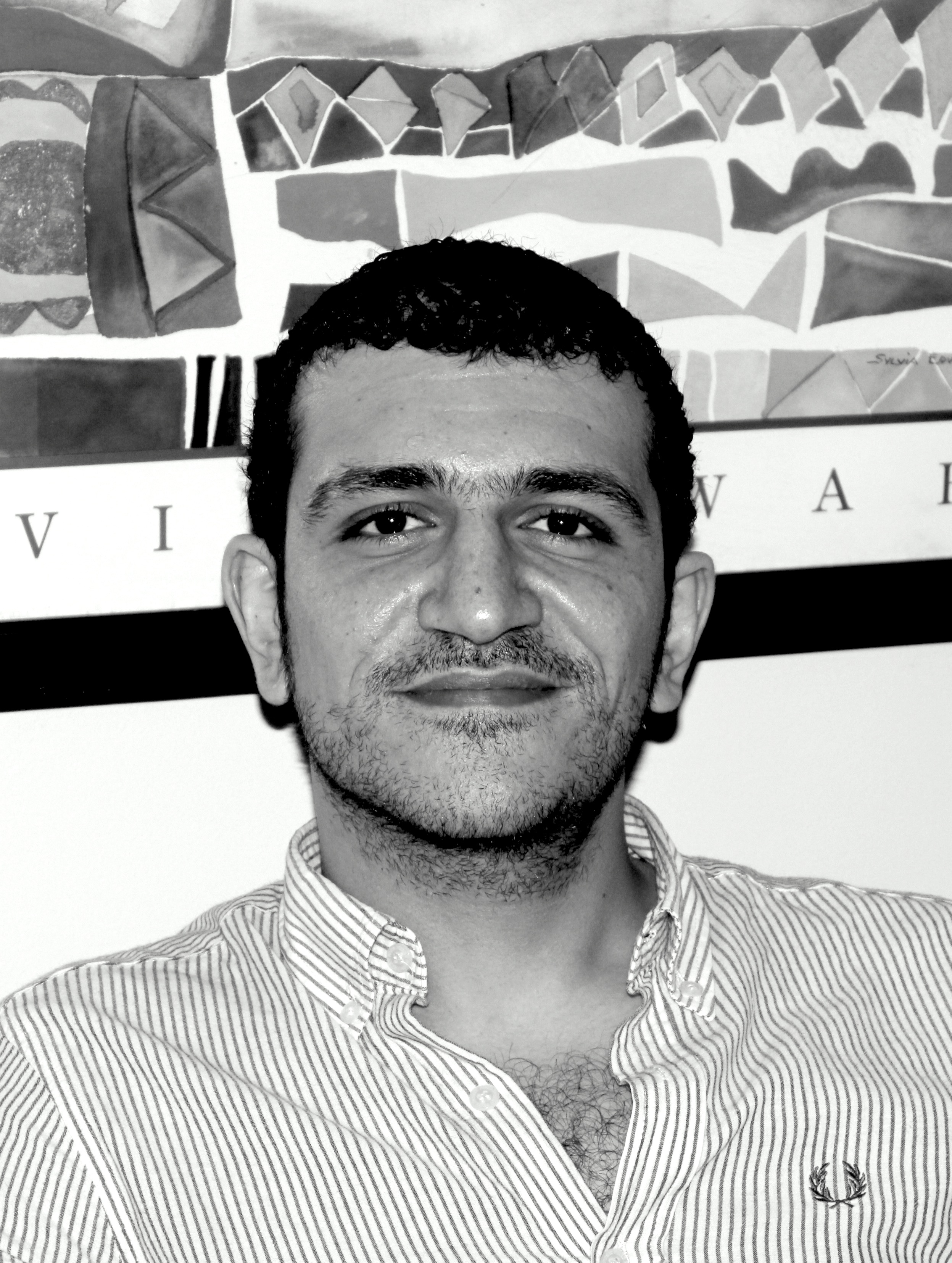
By Ignacio Artaza
I recently visited the village of Beir Anbar in the district of Koft, Qena governorate, and listened to the powerful statement this community is conveying to the rest of the country to put an end to the practice of Female Genital Mutilation (FGM). The whole village, from young schoolchildren to village elders, came together to denounce FGM as “violent”, “wrong” and “harmful”.
Even today, many girls and young women are subjected to genital mutilation in the name of ‘tradition’. According to the 2008 Demographic and Health Survey, at least 91% of Egyptian women between the ages of 15-49 have undergone genital mutilation. The people of Beir Anbar made it clear that Egyptian girls and women deserve a new tradition – a tradition of protecting and safeguarding their rights.
But the joint efforts of families, community activists, authorities, development agencies and media are gradually making a difference to phase out this traditional harmful practice. Let us be clear: there is no justification – moral, religious, cultural, medical or otherwise for this practice. ‘Cutting’ demeans, dehumanises and injures. It is a human rights violation that must be actively opposed until it is ended.
As we gathered inside the community centre, a group of school girls came forward and delivered the following message: “I am born perfect with my body whole. Why do you want to cut us, and take away the rights that God gave us? What you are doing to us is a crime that takes away our childhood and our innocence.” The audience – boys, parents, teachers, and local authorities- stood up and cheered in support.
One particular case concerning FGM that has attracted much interest in Egypt over the past year is that of Soheir El-Batei.
While some facts may be disputed, this much is clear: Soheir was a 13-year-old schoolgirl. She was a child. And she was a victim of female genital mutilation. She died in June last year as a result of complications caused by an illegal, medically unnecessary ‘traditional’ procedure.
On the very day I was visiting this village, the Misdemeanor Court in the district of Aga, Daqahleya governorate, dismissed the case.
Legislation outlawing female genital mutilation in Egypt has been in place for more than half a decade. But that legislation must be strengthened to ensure that it fully protects the rights of women and girls, and to ensure that the perpetrators of these heinous crimes are brought to justice.
The United Nations Development Programme has been combating FGM since 2003. Presently, UNDP is supporting the National FGM Abandonment Programme in partnership with the National Population Council (NPC), the United Nations Children’s Fund (UNICEF), the United Nations Population Fund (UNFPA), the United Nations Entity for Gender Equality and the Empowerment of Women (UN Women), local authorities and civil society organisations, and is implemented thanks to the generous contributions of the European Union, and the Governments of Sweden, the Netherlands and Germany.
Ignacio Artaza is Country Director of the United Nations Development Programme in Egypt



